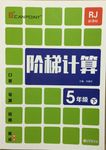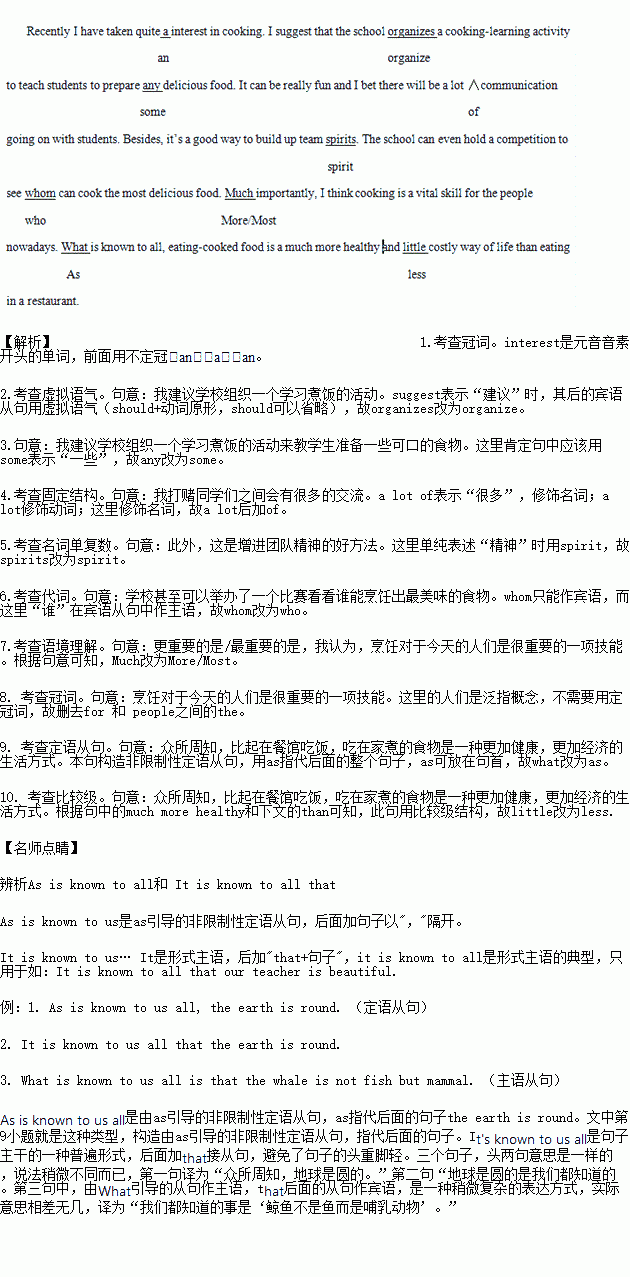It was a beautiful summer day when I saw a lot of little boys playing on the "green island" in the middle of our neighborhood. There were several _______ on that spot of green and the kids were having fun running around them, climbing them, and _________ them. I watched for a while from the window _______ where their mothers or fathers were. "Those trees are living things," I thought, "Don't those boys _______ ?" I stepped outside to them just to make it known that I was _______ . I had not said a word when one of the boys shouted to me, "We're making a pile of leaves to jump in!" "Oh!" I replied _______ , "You should jump in the dead leaves, but those leaves are still _______ 1"
I was sad, surprised and disappointed. I think the _________ is that many little boys today do not know that trees are alive and that they should _________ things that breathe. The extent of their education about nature is usually limited to living things, __________ animals. And often the kids' behavior is simply ________ by parents. I've watched kids chase cats, throw rocks at squirrels, kick small dogs, and ________ flowers and trees. If their parents were there, wouldn't this ________ ? I don't consider myself a tree protector, but I think ________ should teach their children how to protect our environment, because our world ________ more and more tree protectors. Indeed I do believe if there should be __________ protectors of the nature, our __________ would look more beautiful.
Respect and ________ go together. A young child, who doesn't learn how to respect and care nature, will ________ be able to truly enjoy it. I will be one of the parents who ________ kids to explore nature, respect it, and learn to love it.
1.A. children B. trees C. pets D. things
2.A. harming B. observing C. praising D. repairing
3.A. wondering B. choosing C. moving D. finding
4.A. know B. study C. play D. improve
5.A. hurting B. managing C. insisting D. watching
6.A. positively B. doubtfully C. casually D. depressingly
7.A. sick B. dead C. alive D. wet
8.A. truth B. plan C. idea D. topic
9.A. inform B. respect C. raise D. impress
10.A. especially B. rarely C. unwillingly D. possibly
11.A. supported B. ignored C. valued D. missed
12.A. show B. exhibit C. destroy D. use
13.A. grow B. rise C. return D. happen
14.A. teachers B. partners C. parents D. workers
15.A. develops B. needs C. wins D. earns
16.A. less B. more C. few D. much
17.A. material B. appearance C. school D. world
18.A. belief B. responsibility C. enjoyment D. politeness
19.A. sometimes B. often C. always D. never
20.A. warn B. encourage C. beg D. forbid
 阶梯计算系列答案
阶梯计算系列答案
